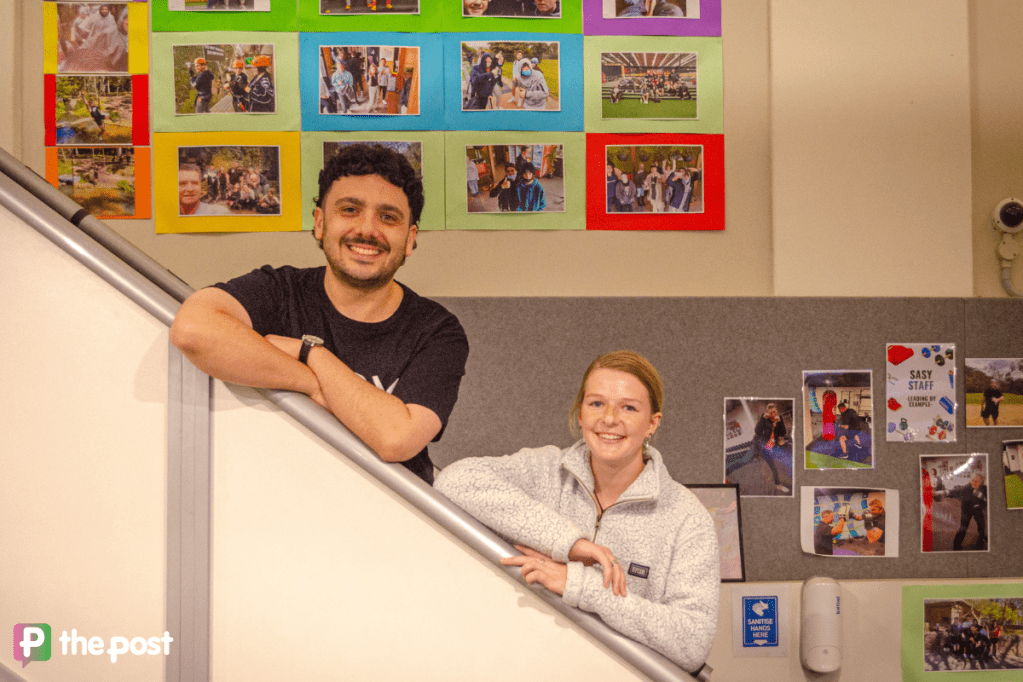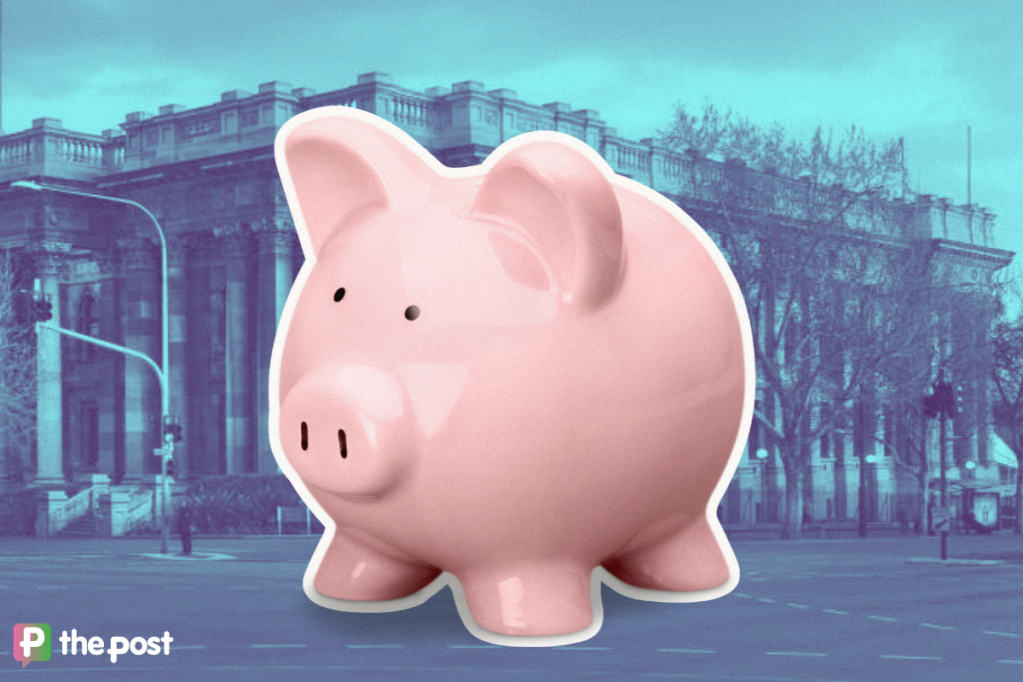Time to speak up about mental health

How’s your mental health? It is not a question we often hear, but maybe we should say and hear it more regularly than the common: ‘how are you?’
Everyone has mental health and everyone’s wellbeing is important. Today is World Mental Health Day and this year we’ve been asking people to consider their own mental health rather than see it as something that impacts on others.
The Mental Health Coalition of SA has been trying hard over many years to have people see mental health as something we all have and need to look after.
As an individual there are things we can each do more of, less of or manage better to improve our mental health. There are also things as a community we can do to support each other and there are services that we can access to help us deal with mental illness.
Without understanding this we continue to perpetuate the problem Australia desperately needs to tackle – the stigma and discrimination around mental health and mental illness.
You might like
Despite the fact that 45% of us will experience a mental illness during our lifetime, the statistics of intolerance about mental illness are alarming.
Did you know that half of us would avoid someone with a mental illness?
And that 60% of family members of someone with a mental illness will experience negative, hurtful and offensive attitudes?
These sad facts may have something to do with why people with mental illness seek help at half the rate of those with a physical illness.
Stay informed, daily
When we allow stigma to dominate the conversation around mental health we are preventing people in real need from getting help. And when this happens there is a greater impact borne by the individual, the family and the community. There are productivity losses at work, relationships break down and our societal well-being is reduced.
Organisations like the Mental Health Coalition of SA can talk about the problem of stigma, but it is one of those issues that requires direct intervention from everyone.
We can all reduce the stigma but it requires courage and, in some cases, being prepared. Whether it is coming from friends, family or work colleagues – your response can make a difference to whether they think stigmatising attitudes are acceptable. Your response doesn’t have to be confrontational but tacit acceptance of negative language and attitudes allows stigma and discrimination to persist.
It is up to all of us to do our part to make negative attitudes unacceptable in our society and there is no better time to start than on World Mental Health Day.
Speak up, correct people’s derogatory language towards mental illness but, more importantly, do not withdraw or turn a blind eye. Make it a personal responsibility to say no stigma.
When we do that we are not only improving our society but also preventing those who are unwell from being shunned and falling in to their own spiral of self-stigma and shame.
Geoff Harris is executive director of the Mental Health Coalition of SA.








